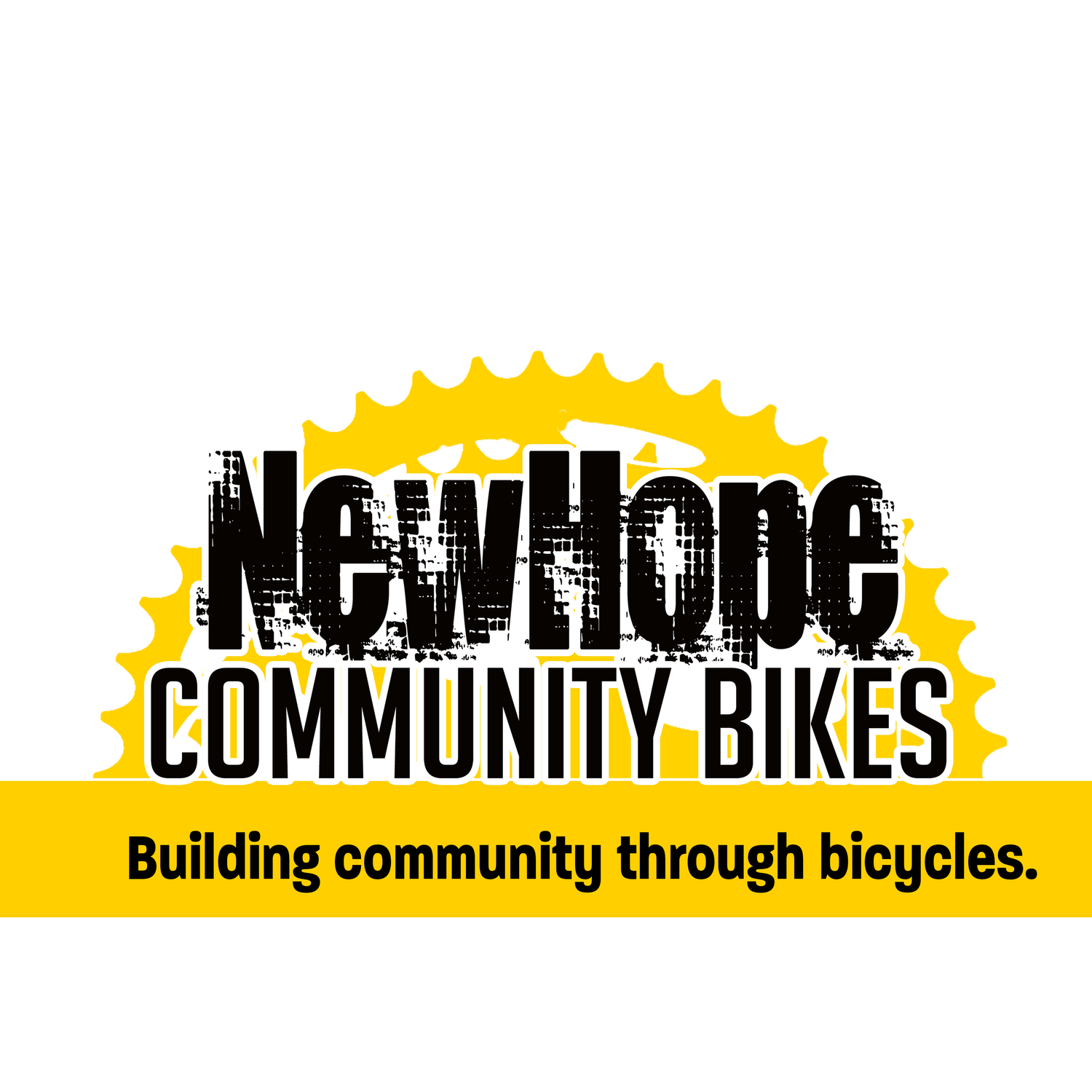From March 16, 2022 to April 30, 2022, we are inviting you to follow Norma’s lead of providing indigenous children and youth with access to cycling resources that encourage independence, nurture physical and mental health, develop mechanic skills, and provide employment.
Your support will provide and transport bicycles, train youth in repair and maintenance, ensure replacement parts, and promote cycling safety.
In 2021 we visited the following communities: Gull Bay First Nation, North Caribou/Weagamow Lake First Nation, White Sand First Nation, Collins Bay First Nation, Pickle Lake, Armstrong and Sioux Lookout. Through community asset mapping and relationship building we will determine which community is the best fit for expanded programming. Thanks to a supporting community we have met our goal of $25,000 for programming this year! Funds that exceed this year’s goal will be directed to the work of creating sustainable programming in subsequent years.
About the Indigenous Bike Program:
The Indigenous Bike Program brings cycling education into indigenous communities, using Ride Smart - safe cycling curriculum, and teaching bicycle repair knowledge to children and youth.
Based on the model of Pikangikum First Nation, the Indigenous Bike Program is building capacity in communities to develop and maintain local cycling initiatives that meet the needs and desires of each community. Bikes are used as a means of engaging youth, providing employment opportunities, and giving children the opportunity to experience play and skill development.
We are committed to supporting the development of bike programs in indigenous communities, dedicating our resources to equip children and youth in safe cycling and bicycle mechanics so they in turn can facilitate and develop local cycling initiatives.
Check out the videos below for a taste of the programming that took place in 2021.
Together let’s make a difference!
On March 16, 2022, Norma would have celebrated her 60th birthday. Norma was an avid cyclist and champion for accessible and bicycle-friendly communities. She gently invited others to join her in experiencing the joy of cycling, and because of her, many embraced the freedom and mobility that cycling provides.
Norma was drawn to New Hope Community Bike’s Indigenous Bike Program as it tied in her love of cycling with her passion to contribute to the process of reconciliation.
To Norma, NHCB’s Indigenous Bike Program was a small part of contributing to the important work of youth engagement and reconciliation.
I found out about the Indigenous Bike Program through NHCB’s social media posts. The idea that people from Hamilton could enable a distant community like Pikangikum to use bicycles for building relationships, improving self-image, learning skills and support healthy choices was of real interest to me. Converting a shipping container to a bike repair shop, stocking it and delivering it by ice road seemed like a small investment that would have a big impact on providing employment and creating a hub for youth engagement. Supporting a community-based organization from right here in Hamilton that has the skills and capacity to enable a distant Indigenous community to develop similar individual and societal benefits seems like a good investment.
The Indigenous Bike Program impacts mental and physical health, skills development, community-building, etc. In simple terms, I am hopeful that the bicycle, as it has enabled me to feel independent, free and joyful, can enable youth in Indigenous communities to feel the same. - Norma
Read more from Norma here: Norma’s Legacy
Indigenous Bike Program FAQs
→ What is the Indigenous Bike Program (IBP)?
The Indigenous Bike Program builds capacity in communities to develop and maintain local cycling initiatives. Bikes are used as a means of engaging youth, providing employment opportunities, and giving children the opportunity to experience play and skill development. The IBP uses Ride Smart cycling education curriculum and basic bike repair knowledge to equip children and youth with the knowledge and skills to be safe and confident riders.
→ How is the work of the IBP sustainable?
New Hope Community Bikes partners with leaders, organizations, and youth in indigenous communities to identify their interest and needs, working together to provide the necessary support and resources to develop cycling initiatives. The IBP is about building capacity among youth to repair bikes and facilitate local programming. NHCB visits a community at least annually to build on knowledge, support growth of initiatives (such as trail building or establishing a bicycle shop), strengthen relationships, and encourage youth in their efforts. Our partnership with the Ontario Provincial Police allows for a constant presence of support and resources for the youth as they exercise their knowledge and practice their skills.
→ Where does funding for the initiative come from?
The IBP is financially supported in a number of ways. New Hope Community Bikes applies for community grants that focus on empowering youth, runs an annual fundraiser called Everesting, and invites donations from individuals to help support the programming. Funds go towards purchasing equipment, paying the wages of program facilitators, and supporting the wages of indigenous youth. We also benefit from the in-kind donations of our partners, the Ontario Provincial Police, who cover the transportation costs of moving equipment and facilitators, and the wages of a provincial coordinator. In the case of Pikangikum, the Band Council also contributes to paying the wages of their youth staff.
→ Who facilitates Ride Smart programming and teaches bicycle repairs?
New Hope Community Bike staff are Can-Bike certified and qualified mechanics. They, in partnership with the OPP’s provincial program coordinator, provide the instruction. As youth gain confidence and increase in knowledge they are equipped to become program facilitators and lead mechanics for their programs.



